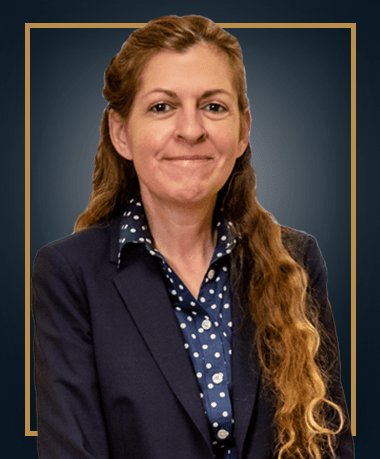Choose A Firm With A History of Excellence
Let Our Team Fight For You
Pennsylvania's Legal Powerhouse
Over 135 Years of legal experience
Client-Focused & Results Driven
You are more than just a case number. At our firm, we treat our clients like family and ensure you get the recovery you deserve.
24/7
Representation
The minute you need us, we are here to help. When you can't visit us, we'll visit you, and when you need answers, we'll give you solutions.
Dedicated Team
When you trust us with your case, you get a FULL team of dedicated and experienced attorneys working to solve your case.
Decades of
Experience
Our team has had our doors open for over 135 years and we have roots dating back to 1888.
Personal Injury Lawyer Pennsylvania
8 Pennsylvania Locations to Best Serve You!
Our experienced personal injury lawyers have offices throughout Pennsylvania including Harrisburg, York, Lancaster, Wilkes-Barre, Williamsburg, Frederick, Shippensburg, & Pottsville. If you were injured in a serious accident or have lost a loved one due to someone else’s negligent or wrongful conduct, you need a legal team that will fight for the justice you deserve.
Metzger Wickersham is proud to advocate for clients throughout Pennsylvania. We have a team of highly skilled and talented Pennsylvania personal injury attorneys on staff, allowing us to provide comprehensive and effective counsel to our clients. We believe the best reward is helping individuals get the legal results they need to restore their physical, financial, and emotional well-being after a serious accident. From car accidents to workers' compensation and Social Security disability claims, we handle a broad range of cases.
We are here to walk you through every step of your case. If you have been injured due to the negligence of another, do not hesitate to contact us.
How We Can Help
A History of Helping Pennsylvania Residents
Our Past Victories
A History of Successful Outcomes
$2.25 Million Recovered
Motorcycle Accident
$2.25 million recovered for a motorcycle operator involved in a collision.
$1.75 Million Recovered
Car Accident
In this case, our firm represented a Vietnam War veteran who was critically injured after a box truck ran a red light and broadsided his vehicle.
$1.6 Million Recovered
Truck Accident
Our attorneys represented the family of a truck driver who died in a tractor-trailer crash. The litigation involved multiple defendants and many complex issues.
The Metzger Wickersham Team

Clark DeVere
Attorney & Managing Shareholder
Clark DeVere has been serving as a Pennsylvania personal injury attorney for more than 28 years. He has been blessed to represent and successfully help, in their time of need, approximately 1,500 clients from all walks of life.
Our Locations



Respected & Experienced
Pennsylvania Personal Injury Attorneys Fighting For You
More than just legal skill, prowess, and knowledge, Metzger Wickersham has a client-centered drive. This is why we are always accessible and available to answer any of our clients questions. While we are members of the Million Dollar Advocates Forum®, we do not base our success on our recoveries—we base it on how well we help our clients get back on their feet after serious accidents, injuries, and losses. Our Pennsylvania personal injury attorneys are not afraid to demand justice, even if that means going to trial. In fact, we’ve been doing it since 1888.
Our origins started when Frank B. Wickersham began his general practice over 135 years ago. We have deep roots in the area and with offices in Harrisburg, Lancaster, Pottsville, Shippensburg, Wilkes-Barre, Williamsport, Frederick, and York, we proudly advocate for injury victims across the state.
We understand that navigating the aftermath of a serious accident or injury can be complex, confusing, and challenging. Our goal is to provide you with detailed, personalized attention so that you can feel confident moving forward with your claim.
With a diverse team of personal injury lawyers in Pennsylvania that brings a varied and extensive background to every case, we have the in-depth legal knowledge, resources, and experience needed to seek the full, fair recovery you are owed. When you choose Metzger Wickersham, you are connected with a team of attorneys, paralegals, and support staff who are all committed to working together to achieve the best possible outcome on your behalf.
Here, you are not treated as just another case; we recognize that you are going through one of the most difficult times in your life, which is why we dedicate all our efforts to helping you fight for justice and the compensation you need to heal.
If you would like to discuss your case with a member of our team, call (888) 707-7704 or contact us online 24/7. Your initial consultation is completely free, and we do not collect any attorney fees unless we recover compensation for you.

You Don't Have to Face This Battle Alone. Let Us Help.
After an injury, every second counts. Demand the justice you deserve with Metzger Wickersham today.















